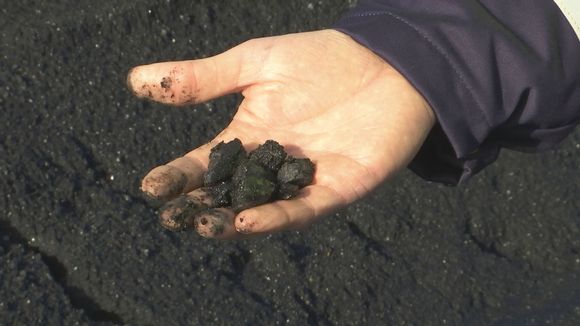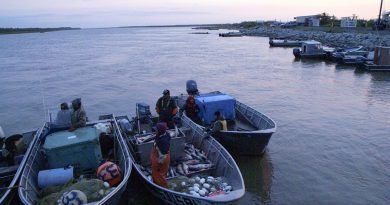Residents of western Finland town oppose plan to boost coal operations

The Port of Kokkola in west-coast Finland is facing local resistance over plans to expand coal operations.
The facility has applied to the local regional administrative authority for an environmental permit that would allow it to receive up to one million tons of coal annually, a radical increase over the amount it takes in at present.
Port officials have also applied for a permit to begin coal handling operations alongside the original request.
Last Friday the port announced the arrival of a first experimental coal delivery and said in a release that coal would come from Russia for storage at its deep harbour facility before being exported to different parts of the world.
The city of Kokkola as well as its construction and environment committee have come out in support of the permit. However city councillors added one provision to the statement supporting the permit application: it wants operational guidelines on how to minimise the amount of coal dust that may result from offloading, storing and reloading coal deliveries.
Opposition to coal, iron pellets
Some Kokkola residents living near the port are opposing the proposed coal shipping operation. They are also resisting the transportation of another of the facility’s main products, iron pellets, which are handled by a local firm, Rautaheimo.
Mayor Stina Mattila said that she understands locals’ concerns, adding that she has received feedback from as far away as Kannus and Kälviä. She noted that this is why city officials are paying close attention to ensuring that the port minimises possible inconvenience during processing of the materials.
The city council also discussed how residents could flag potential problems that may arise. She pointed out that handling iron pellets also creates dust.
The mayor commended a proposal to ensure that the local residents’ association would hold open discussions with representatives of large industrial companies and the harbour.
City officials noted that coal dust and storm water runoff from industrial areas will have the largest environmental impact as port operations expand.
Meanwhile increased coal transshipment activity would significantly increase rail traffic to the harbour to reach 13,000 rail cars annually.
Related stories from around the North:
Canada: Canadian, Northwest Territories govs team up to sell tungsten mine and deposit, CBC News
Finland: Finnish government proposes banning coal by 2029, Yle News
Norway: Svalbard town phasing out coal to become gateway for Russia’s Arctic tourism, The Independent Barents Observer
Russia: Investors working to build coal terminal in Murmansk, The Independent Barents Observer



